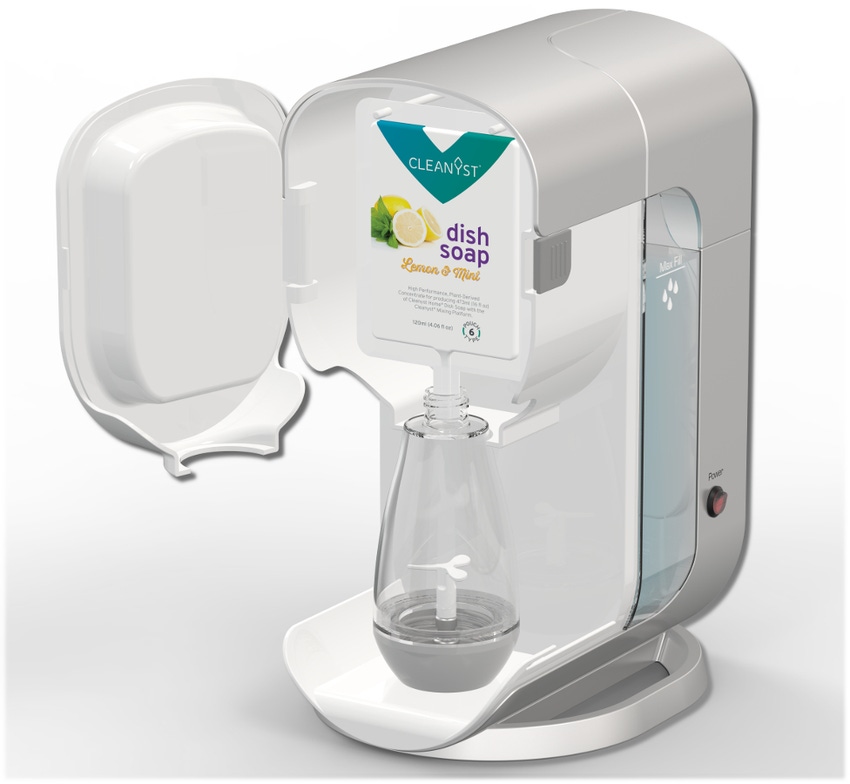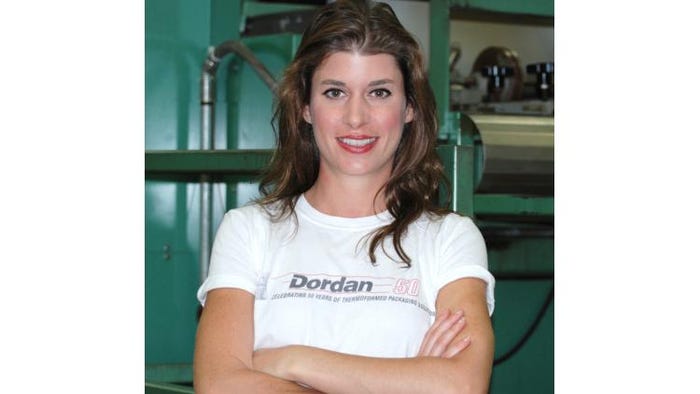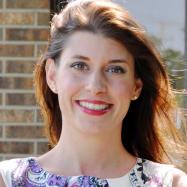
A lot of excitement revolves around optimizing packaging for ecommerce. But what about optimizing products? Nick Gunia, co-founder/CEO of Cleanyst, intends to do just that with his new reusable packaging platform for personal care and cleaning products.
Unlike reusable cleaning products platform Replenish, which offers a dilution approach where liquid concentrates are added to water inside a reusable bottle, Cleanyst revolves around a mechanical device—an appliance—that agitates the concentrates in a different way. This means that products of all viscosities—be they gels like shampoo or liquids like glass cleaner—can be produced at home using the Cleanyst platform.
Gunia got a taste for packaging at an early age. His father started a packaging distribution company, KGI, in the early 1980s, and would bring home bottles and caps for him to play with. After a brief stint as a lawyer in New York City, Gunia returned to Miami, FL, to join the family business. With a passion for sustainability, Gunia became disillusioned with his position as a distributor to drive real change. He explains, “As a distributor, it can be frustrating to have a strong leaning one way or another and, at the end of the day, it doesn’t matter how much you believe in a product, because the brand owner always makes the final decision.”
Looking for ways to integrate his passion for sustainability into his position as a distributor, Gunia attended the sustainable packaging conference SustPack15 in Orlando, FL. It was here, during a presentation by CEO/founder of Replenish, Jason Foster, that he got the inspiration for Cleanyst. Gunia explains, “The reason I found Jason’s talk so inspiring was because, in addition to our family packaging business, there is an ingredients arm, which specializes in developing and producing concentrates for cleaning and personal care products. When I saw the Replenish talk, I wondered if we could apply this model to all the concentrates that we develop and sell.”
Joined by his brothers Matt and Mark, also at KGI, the Gunias set out to modify the Replenish platform such that products of all viscosities could be made at home. Gunia explains, “Concentrates have a broad spectrum of viscosities. Some are liquid, like concentrates for surface cleaner or foaming hand soap. To produce other products, the concentrates tend to get thicker to the point where they can become a solid. To make thick products like dish soap, shampoo, you need a thicker concentrate. That is what we started to experiment with. We looked into if we could use the dilution approach of Replenish to achieve these consistencies, but you can’t. You need a mechanical device, similar to what you see in an industrial production facility.”
Thus, the concept for Cleanyst was born, which would consist of a mixing appliance, a reusable mixing bottle, concentrates and concentrate packaging.
Challenges that keep Gunia awake at night
While the Gunias have developed a portfolio of concentrates for the Cleanyst platform at KGI, their ultimate goal is for it to be an open-source platform.
“Just like you can buy Starbucks K-cups or Dunkin Donuts K-cups,” Gunia explains, “we hope that the sustainability attributes of our platform as well as the ecommerce aspect will attract third-party brands.”
To the extent that there is substantial third party buy-in, the Gunias may not even offer their own concentrates. For the brothers, the main driver for the project is, and always has been, sustainability. “We really believe in the sustainability benefits of this platform and want to see it adopted as widely as possible.” The reason for developing custom concentrates, therefore, was not to help KGI sell them, but to validate the platform for third party buy-in.
Cleanyst isn’t on the market yet. Prototyping the appliance since 2016, the Gunias are working with a FL-based industrial designer and overseas factory to finalize the specs for its anticipated launch in 2019. Challenges relating to the concentrate packaging have also manifested, which Gunia will explain in detail during his presentation at the Sustainable Packaging Coalition’s SPC Impact conference (San Francisco: April 24-26).
Titled “Squaring the Circle: Balancing Source Reduction and Recyclability in a New Reusable Packaging Platform,” Gunia will walk attendees through the Cleanyst packaging developmental process: What began with a desire for full reusability—for both the mixing bottle and concentrate packaging—concluded with a 90% reduction in material for the concentrate packaging; this was achieved through the development of an innovative flexible pouch with a burstable internal seal that is activated only once the appliance starts to put pressure on it.
Gunia explains, “The technical challenge that has kept me up at night for many nights is preventing leakage from the pouch when the spout seal has been removed and the pouch is hanging spout-side down in the appliance. That was a very difficult challenge to overcome because the low viscosity materials want to leak. The higher viscosity materials, on the other hand, don’t want to flow out, they don’t want to move. I feel like the hardest challenges we’ve overcome have stemmed from working with such a broad spectrum of concentrates and viscosities.”
Cleanyst is designed for ecommerce, which, for Gunia, fills a market need. He explains, “We all know ecommerce is exploding, but only 5% of consumer package goods are sold online. We believe CPGs [consumer packaged goods] are lagging behind other product categories because the products and packaging have yet to be optimized for ecommerce logistics. If third-party brands adopt the Cleanyst model,” Gunia explains, “their products will be in a better position to meet the demands of shipment through mail.”
Thus, the Cleanyst platform simultaneously removes water-weight and plastic packaging from the supply chain, thereby creating a more sustainable model for personal care and cleaning products, while also helping brands optimize their products for ecommerce.
“I hate to think of myself as an enabler of a problem. Being in packaging and chemicals, we enable the existing, linear model,” Gunia says. “The Cleanyst project is part of our dream of being part of the solution. We really hope that our platform can make things better.”
Learn how you can be a part of the solution with Cleanyst at SPC Impact in San Francisco, April 24-26.

Chandler Slavin is the sustainability coordinator and marketing manager at custom thermoforming company Dordan Manufacturing. Privately held and family owned and operated since 1962, Dordan is an engineering-based designer and manufacturer of plastic clamshells, blisters, trays and thermoformed components. Follow Slavin on Twitter @DordanMfg.
**************************************************************************************
Production efficiencies, ecommerce challenges, sustainability trends, new bioplastic technologies and more are among the topics on the agenda at the new Packaging Education Hub at EastPack 2018 (June 12-14; NYC). This free educational program will have more than 15 hours of can’t-miss presentations, demonstrations and hands-on activities. Register to attend for free today!
About the Author(s)
You May Also Like




